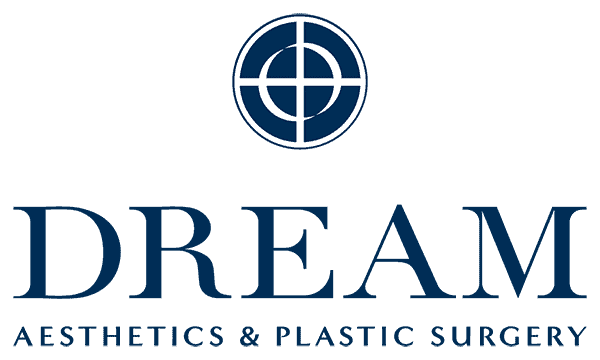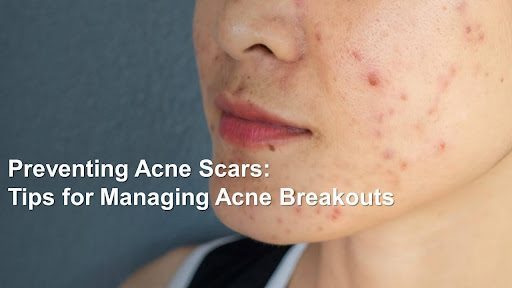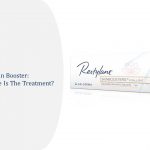Acne is a prevalent skin condition that, aside from its immediate discomfort, can lead to long-term scarring. Nevertheless, with appropriate preventive measures and a consistent skincare routine, it is possible to manage acne and mitigate the risk of enduring scars effectively. While it’s challenging to prevent every blemish, certain strategies can significantly reduce the impact of acne and protect the skin from permanent scarring.
For individuals seeking advanced solutions, laser treatment Singapore offers effective options to address acne scars.
Understanding the Causes of Acne
Acne’s development is influenced by a combination of factors, and understanding these can aid in its effective management and prevention:
1. Hormonal Fluctuations
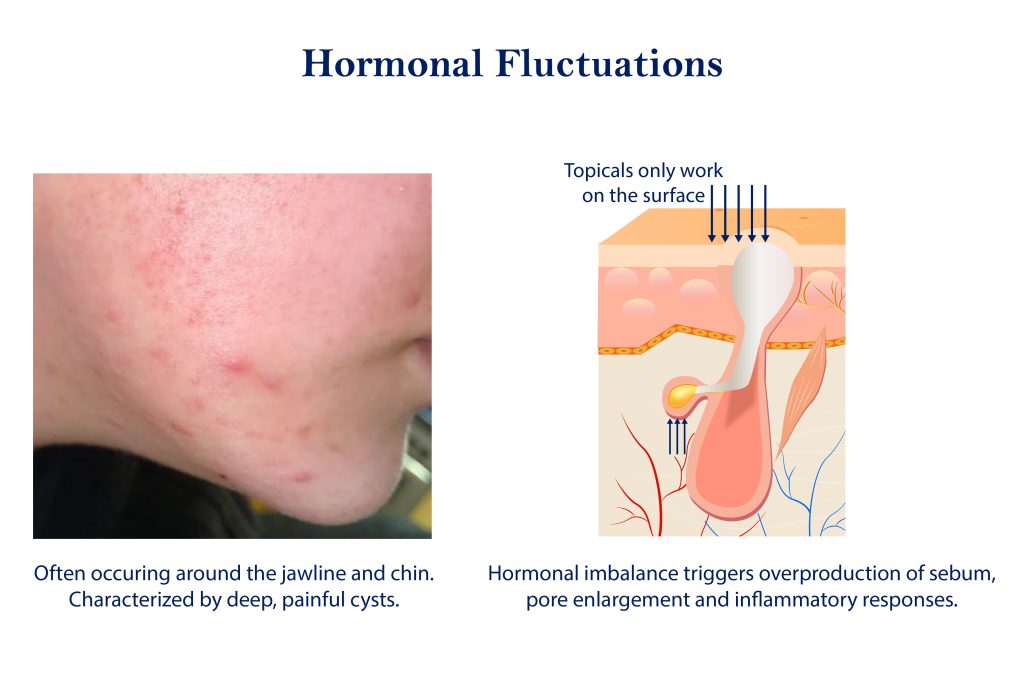
Hormonal changes, particularly during puberty, menstruation, pregnancy, and menopause, can trigger an increase in sebum production. Excessive sebum production can lead to clogged pores and the development of acne.
2. Excess Sebum Production
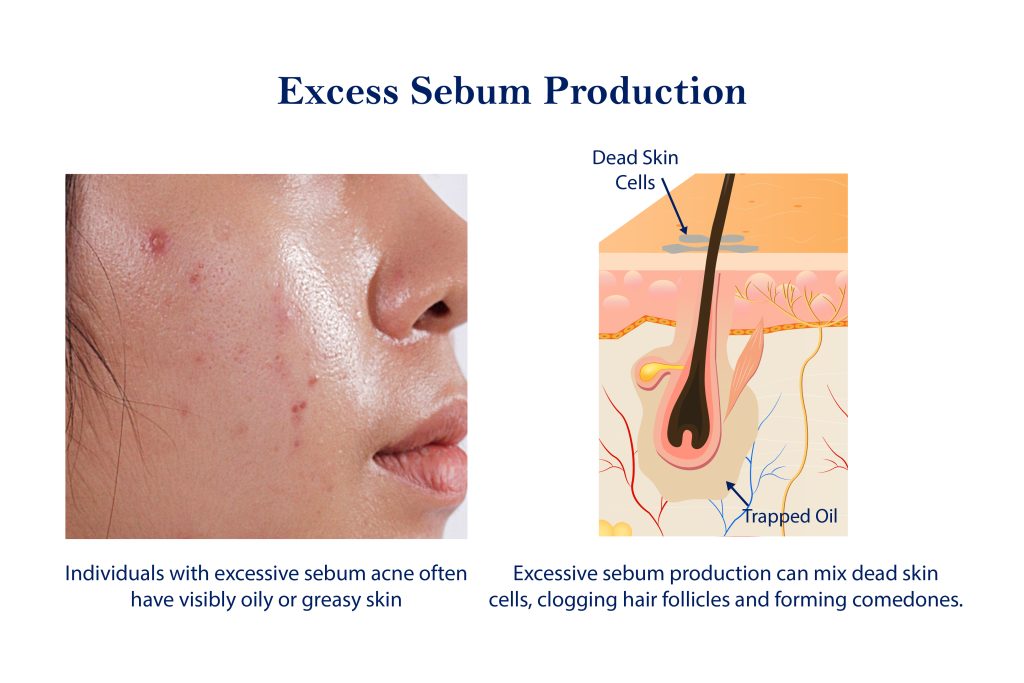
Sebum, an oily substance produced by the sebaceous glands, helps lubricate the skin. However, when the production of sebum is excessive, it can mix with dead skin cells and clog the hair follicles, leading to the formation of comedones, such as whiteheads and blackheads.
3. Bacterial Infections
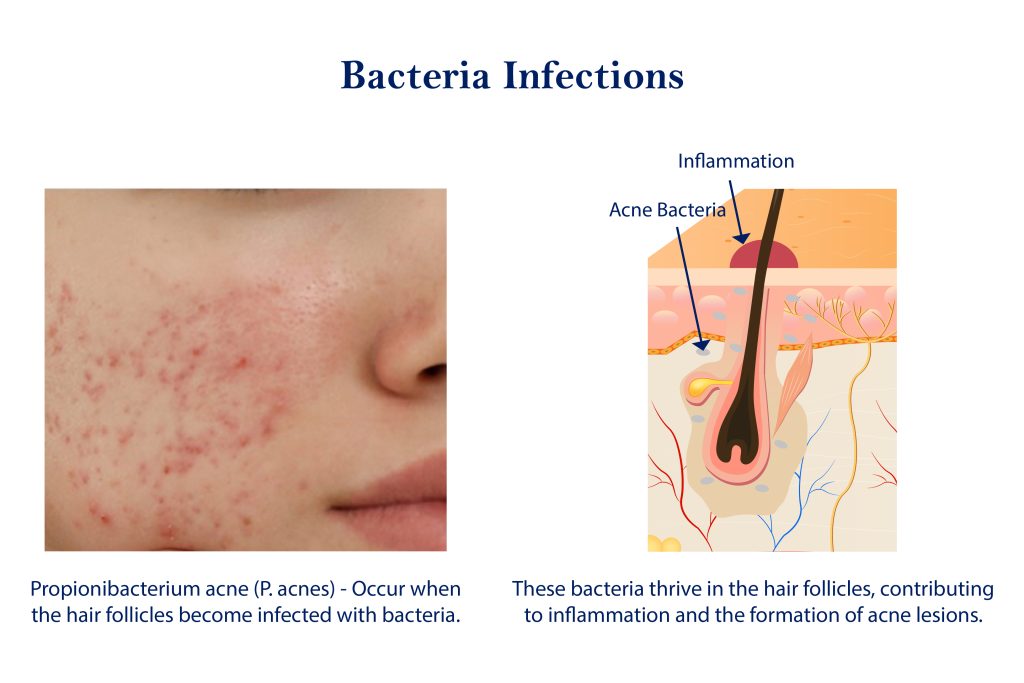
Propionibacterium acnes, a bacterium that naturally resides on the skin, can proliferate in clogged pores, leading to inflammation and the formation of red, pus-filled pimples.
4. Inflammation
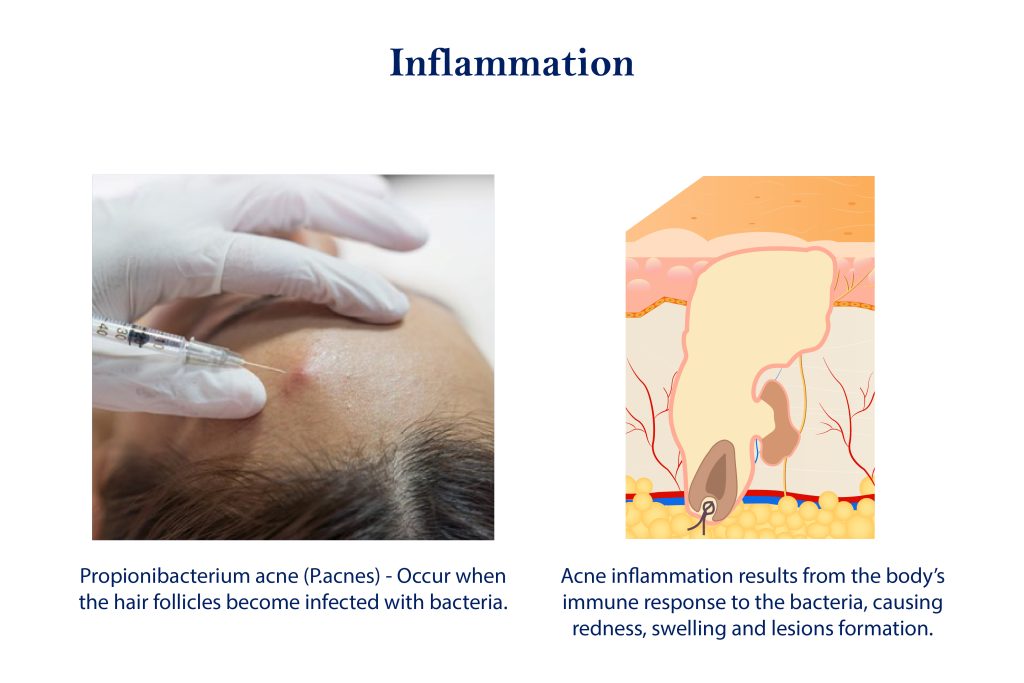
Inflammatory responses triggered by the body’s immune system play a crucial role in the development of acne. Inflammation leads to the redness, swelling, and discomfort commonly associated with acne lesions.
5. Genetic Predisposition
Family history and genetics can contribute to an individual’s susceptibility to developing acne. People with a family history of acne are more likely to experience persistent or severe breakouts.
6. Lifestyle Factors
Certain lifestyle factors, including stress, inadequate sleep, and dietary choices, can influence the development and severity of acne. High-stress levels can exacerbate hormonal imbalances, while consuming a diet rich in processed foods and sugars can increase the likelihood of developing acne.
7. Environmental Factors
Exposure to pollutants, dirt, and certain chemicals can clog the pores and contribute to the development of acne. Additionally, using harsh or comedogenic skincare products can irritate the skin and exacerbate acne breakouts.
Maintain a Consistent Skincare Routine
A key step in managing acne is establishing a skincare routine that keeps the skin clean and healthy, reducing the chance of clogged pores. A simple yet effective routine involves gentle cleansing with a mild, non-irritating cleanser suitable for your skin type, followed by the application of a suitable moisturizer. Additionally, using products with active ingredients like benzoyl peroxide or salicylic acid can help to prevent and manage acne.
Use Non-comedogenic Products
Non-comedogenic skincare and makeup products are essential for preventing acne and scars. These products are formulated to minimize pore blockage, reducing the risk of acne and potential scarring. It is important to choose products labeled “non-comedogenic” or “non-acnegenic” and avoid ingredients known for clogging pores, like certain oils.
Avoiding Pimple Squeezing
Resisting the urge to squeeze or pop pimples is an essential aspect of acne care, crucial for preventing the formation of scars. When a pimple is squeezed, it can cause inflammation and damage to the surrounding skin tissue. This action not only increases the risk of scarring but can also lead to further skin infections.
1. Risk of Infection and Inflammation

Squeezing a pimple can force bacteria and pus deeper into the skin, leading to more severe inflammation and the possibility of a secondary infection. The pressure applied can also cause the follicle wall to rupture, spreading inflammation to nearby skin tissue.
2. Increased Scarring Risk

The act of squeezing can disrupt the natural healing process, leading to the formation of larger, more noticeable scars. These scars may take the form of dark spots (post-inflammatory hyperpigmentation) or textured changes in the skin, such as depressions or raised areas (keloids).
3. Delayed Healing

Popping pimples often prolongs the healing process. Instead of a pimple healing naturally, within a few days to a week, manipulation can extend the healing time, resulting in more noticeable and prolonged skin blemishes.
4. Alternative Solutions

Rather than squeezing, consider using spot treatments containing active ingredients like benzoyl peroxide, salicylic acid, or sulfur. These can help to reduce inflammation and speed up the healing process. In cases of severe or persistent acne, it’s advisable to consult with a dermatologist for targeted treatments, which may include topical medications, oral prescriptions, or professional extraction procedures that minimize the risk of scarring.
5. Professional Extraction

If extraction is necessary, it should be performed by a professional dermatologist or a trained skincare specialist. These professionals use sterile tools and techniques to safely extract pimples, minimizing the risk of scarring and infection.
6. Proper Skincare Post-Extraction

After a professional extraction, it’s important to follow a proper skincare regimen to facilitate healing. This includes gently cleansing the skin, applying recommended topical treatments, and avoiding direct sun exposure to the treated area.
Hydration for Skin Health
Maintaining adequate hydration is essential for overall skin health. Drinking sufficient water helps to flush out toxins from the body and keeps the skin hydrated, promoting a healthy complexion. Adequate hydration also supports the natural healing process of the skin, which is beneficial in preventing acne scars. It’s advisable to aim for at least eight glasses of water a day and even more during hot weather or when engaging in physical activities.
Maintain A Healthy Diet For Optimal Skin Health
The role of diet in managing acne breakouts and preventing scars should not be underestimated. Consuming a balanced diet rich in fruits, vegetables, and whole grains provides the body with essential nutrients and antioxidants that promote skin health.
Furthermore, reducing the intake of sugary and processed foods can help in controlling acne, as these foods are known to trigger inflammation and exacerbate breakouts. Incorporating foods rich in vitamins A, C, and E, as well as zinc, can be particularly beneficial for maintaining healthy skin and preventing acne scars.
Laser Treatment for Acne Scar
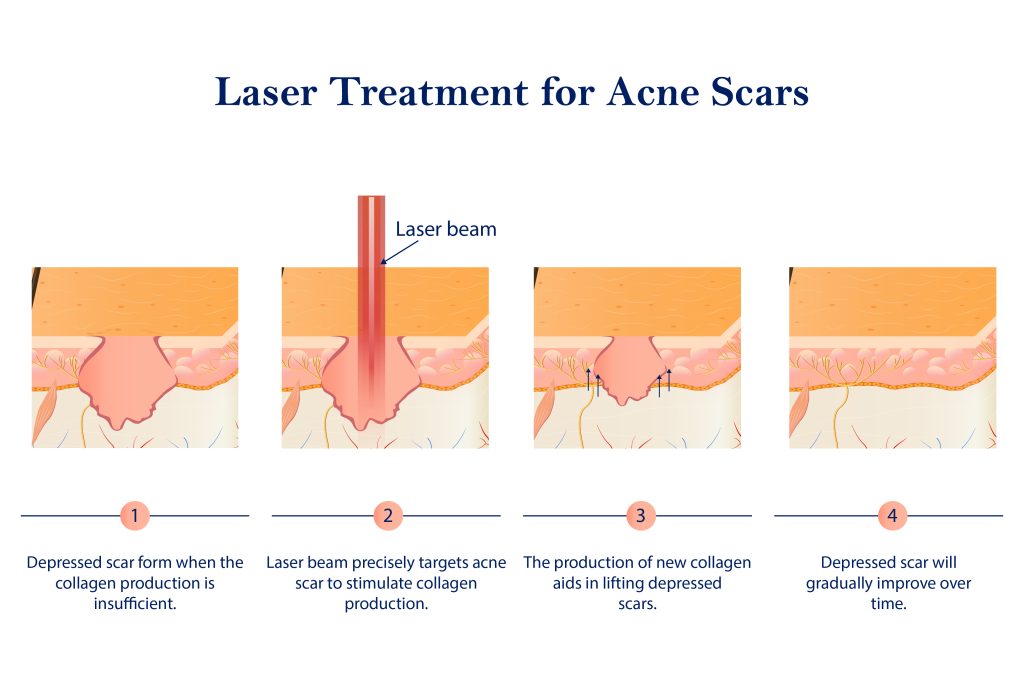
Pico laser for acne scars is one such treatment that can help reduce the appearance of acne scars. This laser technology delivers ultra-short pulses of energy to the skin, targeting the affected areas and stimulating the production of new collagen. The process helps to improve skin texture and reduce the appearance of scars, resulting in smoother and more even-looking skin.
Conclusion
Effectively managing acne breakouts and preventing scars requires a comprehensive approach that involves maintaining a consistent skincare routine, using non-comedogenic products, avoiding the temptation to squeeze pimples, staying hydrated, and adhering to a healthy diet.
In cases where acne scars have already developed, seeking help from certified doctors considering treatments like pico laser for acne scars can significantly improve the appearance of the skin and boost self-confidence.
By following these tips and seeking appropriate treatments when necessary, individuals can proactively safeguard their skin from the long-term impacts of acne breakouts and minimize the risk of scarring.
